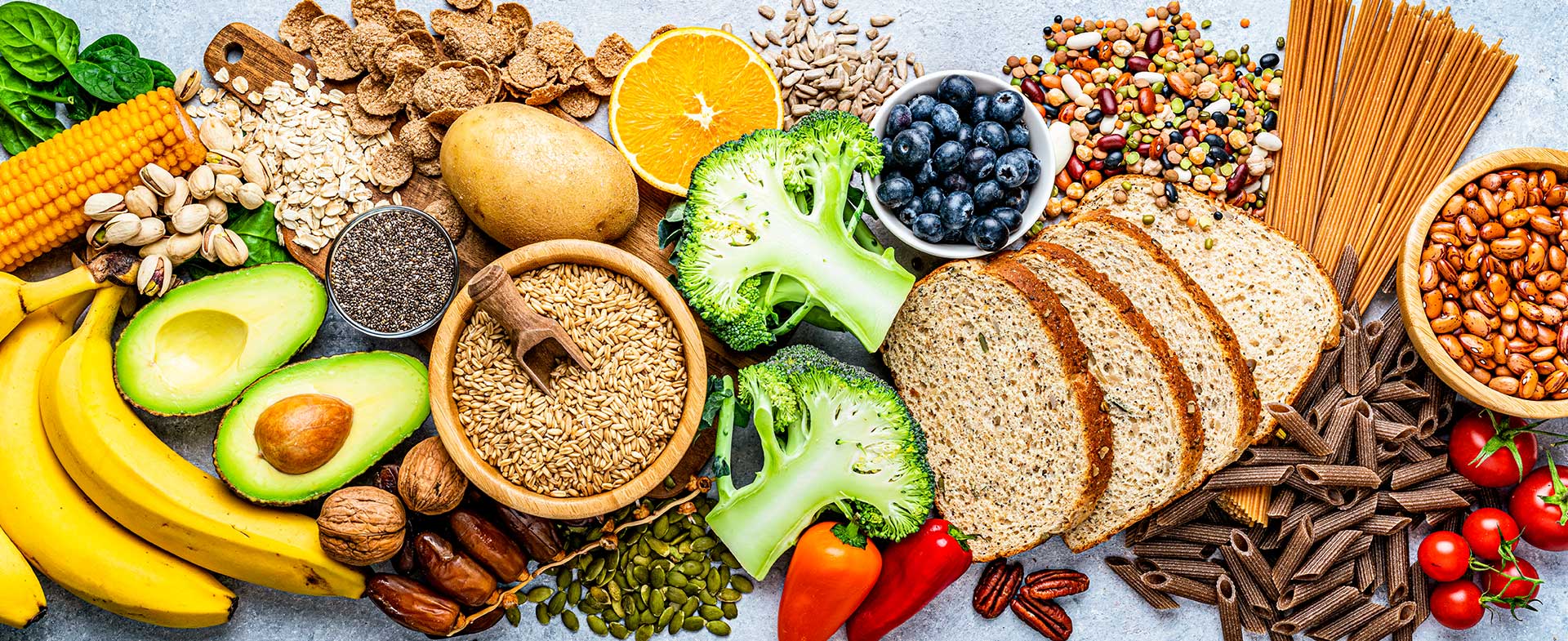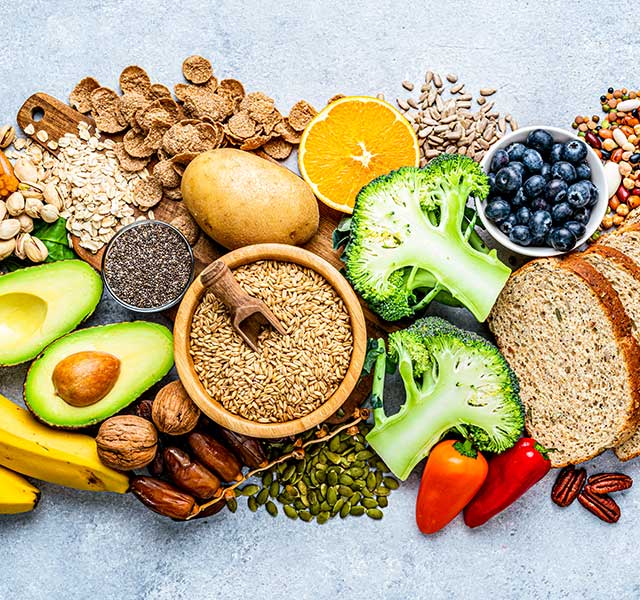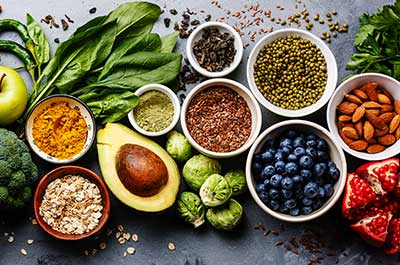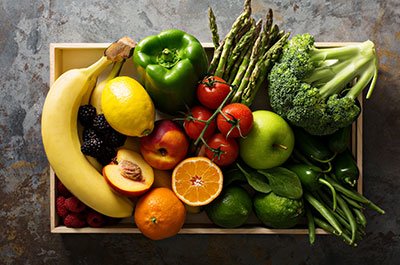Over half of people aged 60 and older develop small pouches (diverticula) in the colon. This condition is called diverticulosis. It occurs when sections of the colon naturally weaken over time. Most people don’t know they have diverticulosis. Some people learn they have it during a routine colonoscopy.
About 5% of people with diverticulosis develop diverticulitis, where the pouches become infected by bacteria in the colon. Signs of diverticulitis include abdominal pain, fever and changes in bowel habits.
The good news, says Amit Bhan, M.D., a gastroenterologist at Henry Ford Health, is that diverticulitis can often be treated with changes in diet. “Resting the bowel with a liquid diet and antibiotics treats most infections. Healthy lifestyle habits like eating a high-fiber diet, exercising and managing weight reduce the risk of future infections.”
Who’s At Risk Of Diverticulitis?
Diverticulitis is more common in people over 60. Other risk factors include:

Managing Diverticulitis
- Diet low in fiber and high in saturated fats
- Low physical activity
- Obesity
- Smoking
What Are The Symptoms Of Diverticulitis?
Symptoms for diverticulitis vary for each person. The most common symptom is pain in the lower left part of the abdomen (belly). Other symptoms may include:
- Constipation or (less commonly) diarrhea
- Fever and chills
- Nausea and vomiting
According to Dr. Bhan, people with diverticulitis may also experience blood in the stool, but this symptom is less common. When inflammation spreads outside the colon, individuals can have other symptoms. “For example, people whose infection spreads to the bladder may experience pain when urinating or urinary urgency,” says Dr. Bhan. A spread of bacteria outside the colon wall can also cause an abscess, a pocket of infected pus that may need drainage.
If your doctor suspects diverticulitis, they’ll perform a physical exam and order imaging and blood tests to identify signs of inflammation and infection. A computed tomography (CT) scan shows inflamed areas within the colon and whether the infection has spread to other organs.
Diverticulitis Treatments
People with diverticulitis (flare-ups) should follow a clear liquid diet to allow the bowel to recover. “In the past, we routinely treated people with antibiotics for 10 to 14 days. However, some studies have shown that individuals with milder and uncomplicated cases can recover without medication,” says Dr. Bhan.
Most diverticulitis infections resolve with this approach. However, a small group of people will have frequent flare-ups, increasing the risk of scarring in the colon. Treatment for this group may include surgery.
What To Eat—And Avoid—With Diverticulitis
“Diet plays a big role in treating flare-ups and reducing the risk of further inflammation,” says Dr. Bhan. When a flare-up occurs, you can begin with a clear diet to give your digestive system a rest. As your symptoms subside, you can transition to more solid food as approved by your doctor. This diet can include broth, tea, popsicles and gelatin.
Once your symptoms are gone, you can gradually increase fiber by eating fruits, vegetables and whole grains. “In the past, people thought eating nuts, seeds and popcorn caused diverticulitis. But that’s not the case. A high-fiber diet may help reduce the risk of developing the condition. Fiber keeps stool soft so it can move through the digestive tract,” says Dr. Bhan.
Dr. Bhan recommends avoiding foods high in saturated fat, such as fried foods and red meat, which increases the risk of inflammation. Nonsteroidal anti-inflammatory drugs (NSAIDs) can also irritate the intestines. So talk with your doctor before taking pain relievers like aspirin, ibuprofen (Motrin® and Advil®) and naproxen (Aleve®).
You can prevent future flare-ups with other healthy habits, including:
- Getting regular exercise
- Maintaining a healthy weight
- Staying hydrated
- Stopping smoking
- Avoid certain medications such as NSAIDs
“A high-fiber diet and a healthy lifestyle can prevent further complications from diverticulitis. These strategies also boost your digestive and overall health,” says Dr. Bhan.
Reviewed by Amit Bhan, M.D., a gastroenterologist at Henry Ford Health who sees patients at Henry Ford Hospital in Detroit and Henry Ford Medical Center - Columbus.



